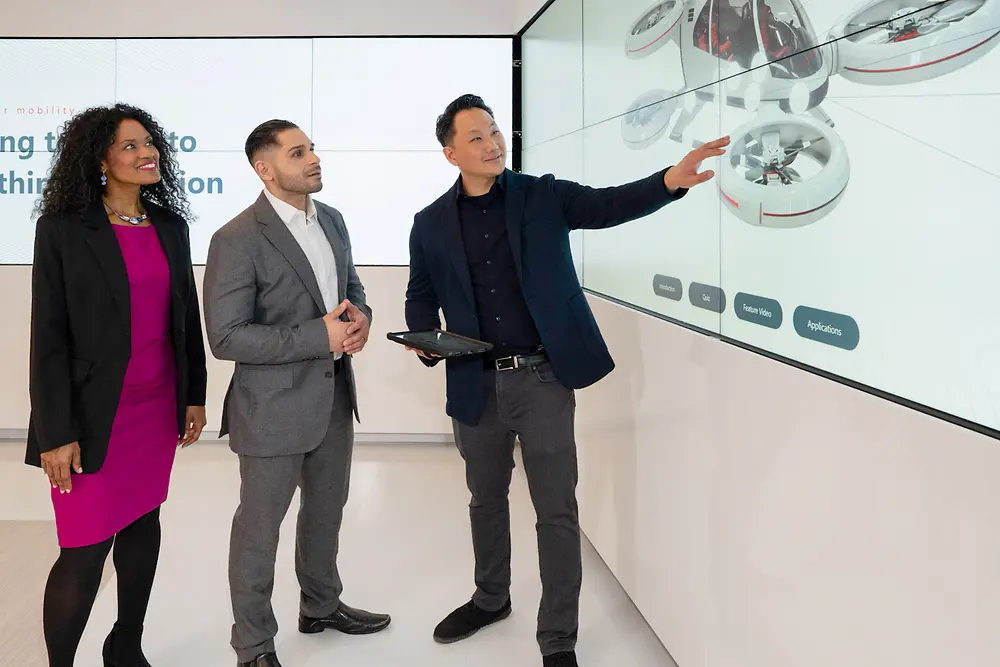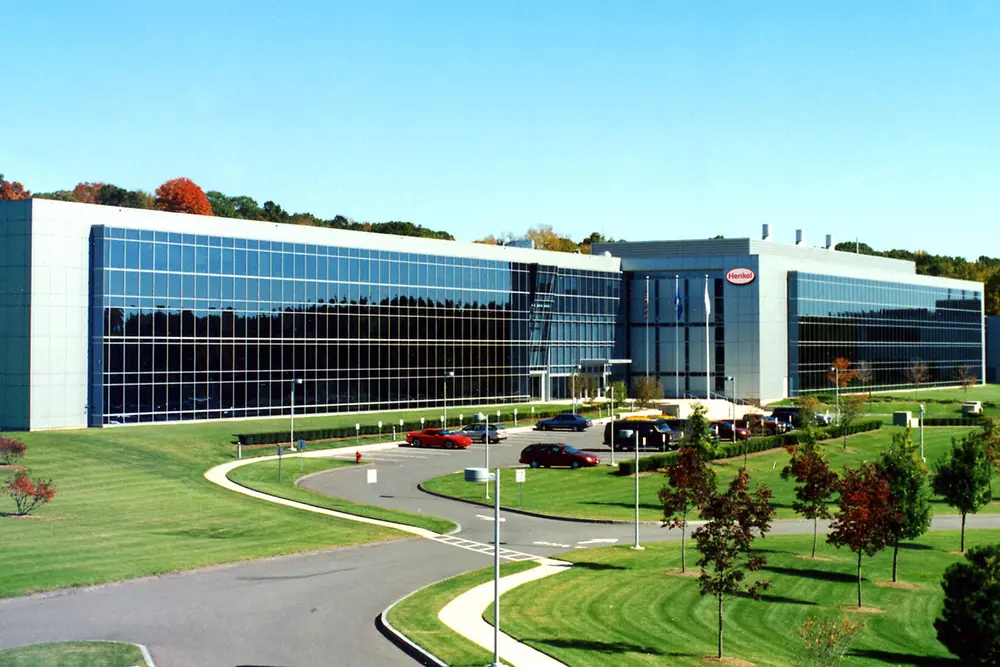Understanding and mapping the social demands that stakeholders of all kinds place on our company is a key component of our sustainability management. Both internal stakeholders, such as employees and external stakeholders, such as customers and suppliers, are considered. We also hold numerous memberships in industry associations, are part of global organizations, such as the World Business Council for Sustainable Development (WBCSD) and the World Economic Forum (WEF), and engage in political and social dialog, for example, with organizations at the European level.
To better understand the expectations and perspectives of our stakeholders and to engage in dialog that is more targeted and solution-oriented, we continuously monitor the opinions at several levels, for example through surveys, in direct dialog, in multi-stakeholder initiatives and through dialog platforms.
Open engagement with stakeholders helps us understand their expectations and perspectives and enables solution-oriented dialog. This dialog fosters mutual understanding between stakeholders and our Company, building societal acceptance for our corporate decisions. It also serves as a source of new ideas, contributes to innovation and risk management and underpins the development of our sustainability strategy and reporting.







